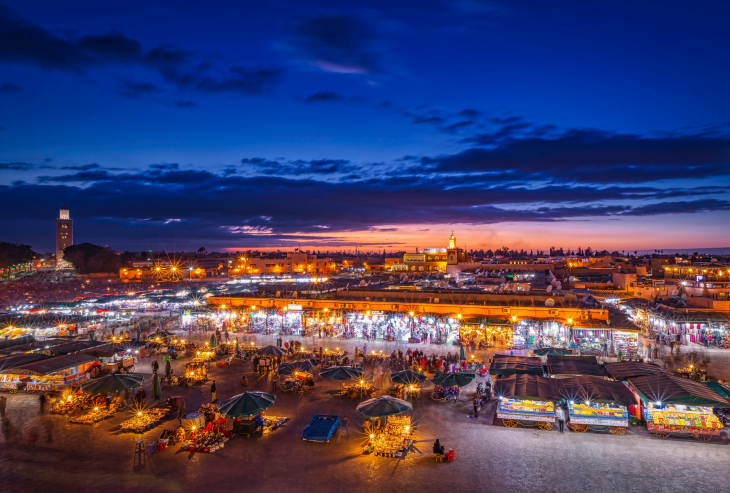Nigerian startup Rensource Energy has raised a $20 million Series A round co-led by CRE Venture Capital and the Omidyar network.
The renewable energy company builds and operates solar powered micro-utilities that provide electricity to commercial community structures, such as open-air trading bazaars.
Launched in 2016, the startup has shifted its operating strategy. “We’ve pivoted away from a residential focus…and we’re building much larger systems to become essentially the utility for these large urban markets we have a lot of in Nigeria,” Rensource co-founder Ademola Adesina told TechCrunch.
The company has a partnership with German manufacturer BOS AG, with whom its designs specialized panels for it use case. Rensource also has developer teams in Nigeria and Europe for its software related programs.
In addition to becoming a micro-energy provider to Nigeria’s robust SME classes, the startup aims to offer them B2B services. With the $20 million round Rensource is launching its Spaces Offline to Online platform for supply-chain services, including business-analytics and working capital options.
“It’s a mini-ERP tool. We’re trying bring a universe of people who are banked, but…still offline — their products are offline, they don’t track anything, and there’s no data behind their business — online,” said Adesina.
The benefit Rensource seeks to bring to Nigeria’s SMEs — at a profit for itself — is to lower overhead costs through better business practices and free them from the bane of generators.
Across marketplaces in West Africa, noisy, fuel-guzzling, and pollution producing generators are like an unwelcome, yet necessary business partner.
Lack of affordable and reliable electricity in Nigeria creates a massive real and opportunity cost to Africa’s largest economy.
For perspective, the West African country is roughly the size of Texas, with a 200 million population larger than Russia, and generates less gigawatt hours of electricity annually than the U.S. state of Connecticut.
Nigerian businesses (and citizens) adjust for these power deficiencies by spending on diesel fuel and generators.
The IMF’s 2019 Nigeria report quoted economic losses of $29 billion in Nigeria due to unreliable electricity supply. On global Doing Business rankings, Nigeria ranked 169 out of 190 countries in the category of “Getting Electricity”.
This difficulty and cost weighs particularly heavy on Nigeria (and the continent’s) SMEs, which often operate in Africa’s informal economy — projected to be one of the largest off-the grid commercial spaces in the world.
Culled From TechCrunch
Click Here to Read More

